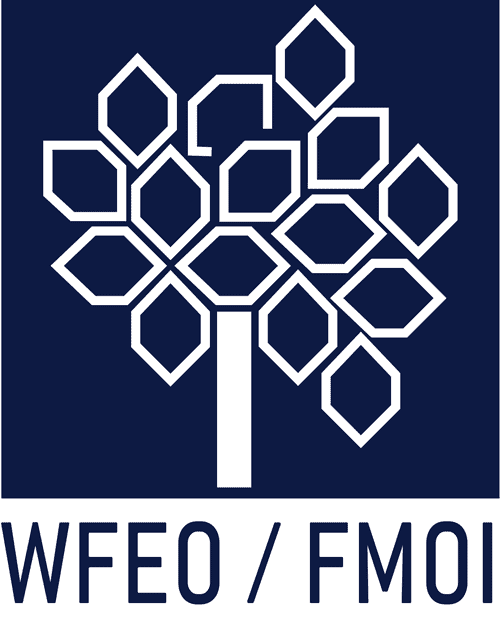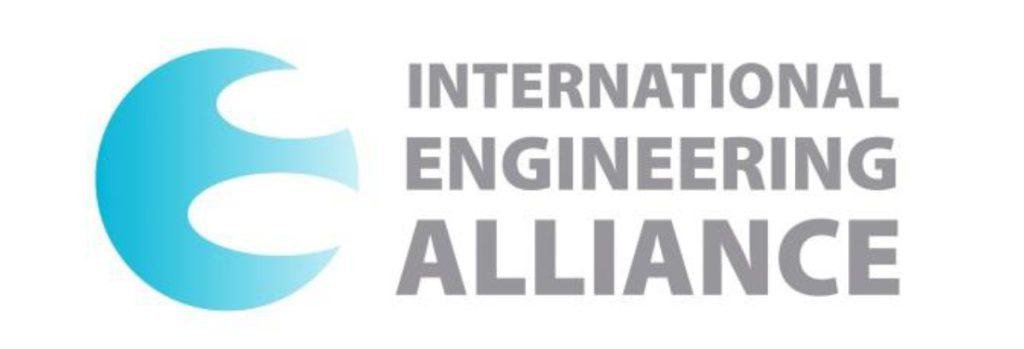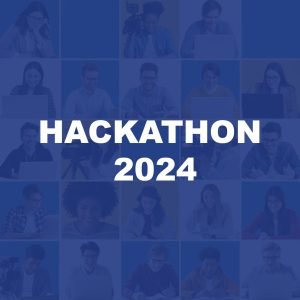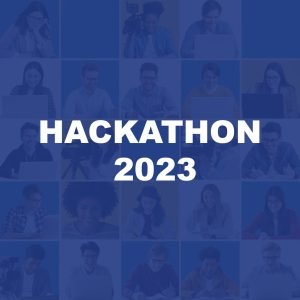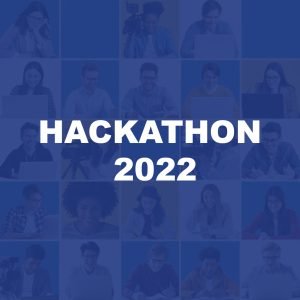World Engineering Day Hackathon 2024
The 2024 Hackathon Challenges
CHALLENGE 1
Delivering the climate positive transition
The hackathon focuses on engineering solutions for a sustainable future, aligning with UN Sustainable Development Goals (SDGs) 13 and 7 to address climate change and energy access. Key challenges include developing climate-positive transitions, promoting innovative climate actions, and protecting vulnerable populations from extreme heat in shelters. Participants are tasked with designing solutions that minimize fossil fuel dependency without creating new environmental or social issues, and to advance energy efficiency, sustainable energy sources, and equitable energy access. Submissions, due by November 26, 2023, require a five-minute video and written summary, evaluated on their alignment with World Engineering Day 2024’s theme: “Engineering solutions for a sustainable world.”
CHALLENGE 2
Promoting climate positive action through innovation
The second hackathon challenge focuses on fostering climate-positive actions through engineering innovation, targeting individual and systemic changes to reduce greenhouse gas emissions. Participants are encouraged to design solutions that empower individuals to make sustainable choices in daily life, from energy-efficient appliances and low-emission transport to less carbon-intensive diets. Engineers play a crucial role by creating sustainable options, influencing choices through design, and advocating for impactful policies. This challenge aligns with UN Sustainable Development Goals (SDGs) 13 and 9, aiming to reduce the average carbon footprint to 2.3 tons per person annually by 2030. Submissions, due by November 26, 2023, require a five-minute video and a written summary detailing the solution’s impact.
CHALLENGE 3
Protecting the most vulnerable from extreme heat in refugee camps and temporary shelters
The third hackathon challenge aims to protect vulnerable populations from extreme heat in refugee camps and temporary shelters by designing climate-resilient shelter solutions. As global temperatures rise, heat waves increasingly threaten displaced people, particularly in overcrowded, poorly ventilated shelters. This challenge calls on engineers to rethink materials and designs for temporary settlements, with an emphasis on shading, ventilation, and green spaces to reduce indoor temperatures and protect high-risk groups like children and the elderly. The solutions should align with UN Sustainable Development Goals (SDGs) 13 and 11, focusing on sustainable, resilient infrastructure. Submissions, due by November 26, 2023, require a five-minute video and a short written overview of the proposed solution.
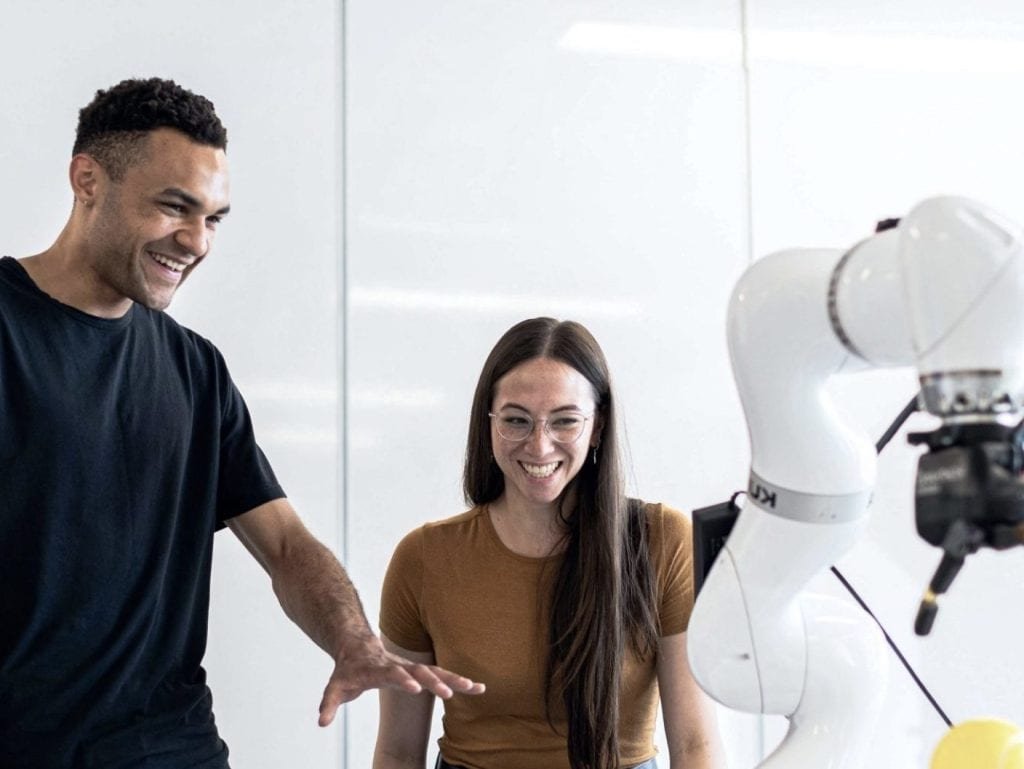
- Three great challenges, developed with the support of Engineerings Without Borders (EWB-I), International Engineering Alliance, IFEES, as well as the WFEO Executive Board
- We received more than 1000 pre-event registrations of which 465 students entered
- Confirmed INTEL as a PLATINUM Hackathon Sponsor
- The competition had 40 judges for Preliminary Round and 6 judges from our partners in Finalist Round.
- The 6 ‘Finalist’ judges were senior people from WFEO partners: UNESCO, EWB, IFEES, INWES, GEDC & IEA.
- The judging criteria: was based on the IEA GAPC. This was a highly strategic move. In future years WFEO hopes this will encourage more IEA signatories to support the universities in their jurisdictions to participate.
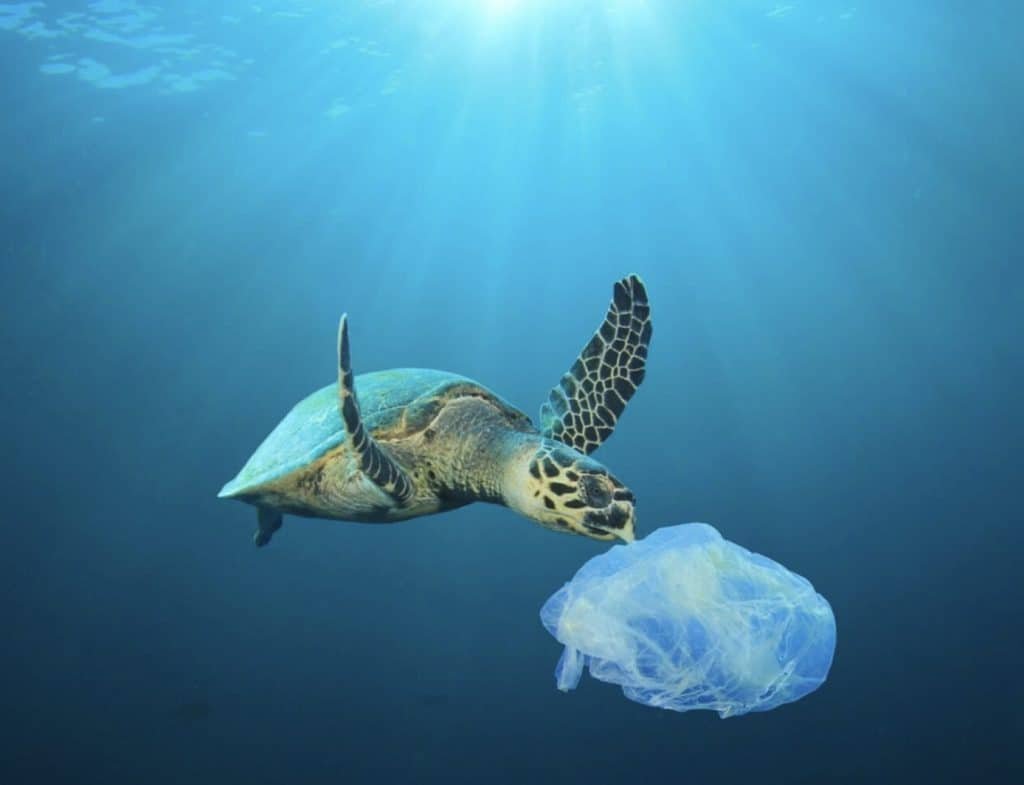
Hackathon 2022
- 125 entries received
- 462 individual participants
- 92% Engineering Students
- 60 Universities
- 23 Countries
Challenge 1
54 Teams
Challenge 2
36 Teams
Challenge 3
35 Teams
WINNERS ANNOUNCED
2024 Hackathon Winners
Watch their submissions here
FIRST PRIZE - Somiant
Yachay Tech University Ecuador. Shirley Vasquez, Alexia Tana, Antonio Bodero, Dario Cabezas & Rashell Mayacela.
SECOND PRIZE - ECO COOL
Uni of Illinois Urbana-Champaign, Tokyo Institute of Technology, Rice Uni & Hong Kong Uni of Science and Technology. Mathus Jirapunyawong, Thunyapat Silpsamrit, Kumkab Keeratisiwakul& Passapan Sanguanchua!
Top 12 Hackathon Finalists
Twende
Twende from Egerton University in Kenya. They’re tackling Challenge 2 – Promoting climate positive action through innovation. Samuel Mbugua Wambui, Ephantus Ngugi Maina and David Kiprop Ngelechei.
Somiant
Somiant from Yachay Tech University in Ecuador. They’re hacking Challenge 2 – Promoting climate positive action through innovation. Their team is made up of Shirley Vasquez, Alexia Tana, Antonio Bodero, Dario Cabezas & Rashell Mayacela.
AvaQual
Japheth Kiplagat, Ahmed Hussein, Iddi Nzai Kahindi, Iddah Nkatha & Njagi Victoria Mwende from Multimedia University of Kenya & University of Eldoret in Kenya. This team is hacking Challenge 2 – Promoting climate positive action through innovation.
Breathing House
Breathing House from Uganda. This team comes to us from Makerere University and they’re hacking Challenge 3 – Protecting the most vulnerable from extreme heat in refugee camps and temporary shelters. Team members are Ondoga John Bismark, Owori Geoffrey, Catherine Nabasumba and Catherine Nabukalu from Makerere University.
Green Space – Team Adventurine
WED Hackathon 2024 3rd Prize Winner – GREEN SPACE Adventurine. Well in taking out 3rd place. You beat out thousands of participants from all over the world. You should be very proud. This team is from Batangas State University – The National Engineering University in the Philippines. Hacking Challenge 3 – Protecting the most vulnerable from extreme heat in refugee camps and temporary shelters. Team members are Jose Luis A. Valencia, Nathaniel M. Regodon & Maureen H. Fadullo.
Forest Guardians
Team Forest Guardians from Strathmore University in Kenya. With Challenge 2 – Promoting climate positive action through innovation. Team members are Trevor Atela, Monique Sankay, Moris Murigi & Andrian Achieng.
E-hewa
WED 2024 Hackathon Finalist – E-Hewa. Ingrid Nyaboe, Churchil Odhiambo & Robert Momanyi From Moi University in Kenya. Challenge 2 – Promoting climate positive action through innovation.
EcoCool
WED Hackathon 2024 2nd Prize Winner – Eco Cool! They are a mixed university team coming to us from University of Illinois Urbana-Champaign, Tokyo Institute of Technology, Rice University & Hong Kong University of Science and Technology. They are hacking Challenge 3 – Protecting the most vulnerable from extreme heat in refugee camps and temporary shelters. Team members Mathus Jirapunyawong, Thunyapat Silpsamrit, Kumkab Keeratisiwakul& Passapan Sanguanchua!
Eco -Drive
WED 2024 Hackathon Finalist – Eco Drive. Team members are Queen Latifah Hatim, Musiime Duncan, Namagembe Shaluwa, Munezero Patience and Bageya Henry From Makerere University in Uganda.
Safe Shelter
WED 2024 Hackathon Finalist – Safe Shelter. Charlotte Ford, Keegan Heidt, Jackson Gilbert and Sophie Tesar from University of British Columbia-Okanagan, Canada. With Challenge 3 – Protecting the most vulnerable from extreme heat in refugee camps and temporary shelters.
Bottani
WED 2024 Hackathon Finalist – Bottani. Team members are Ahmad Aziz, Shabri Ash Shiddieqy, Carlios Eryan & Firmansyah Fahmi. From Institut Teknologi Bandung. Challenge 2 – Promoting climate positive action through innovation. This team comes to us from Institute Technology Bandung in Indonesia.
A Global Partnership
The WED Hackathon is an initiative brought by the World Federation of Engineering Organizations (WFEO), in partnership with UNESCO and Engineers Without Borders International (EWB-I), powered and supported by The Big Creative.
This students’ competition reflects the global partnership that brings WFEO, UNESCO, and the International Engineering Alliance (IEA) to achieve a global update and harmonization of engineers’ skills to face the challenges of sustainable development, through the Graduate Attributes & Professional Competencies (GAPC).

